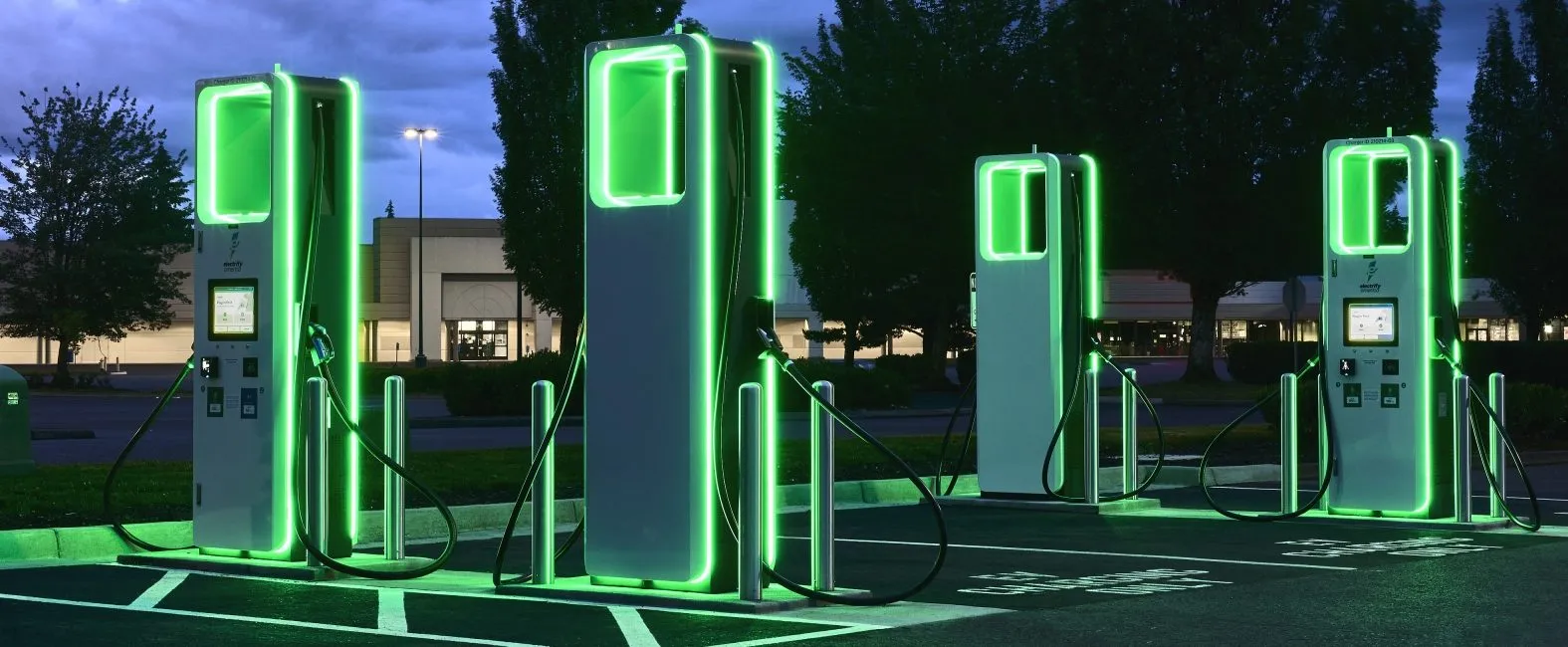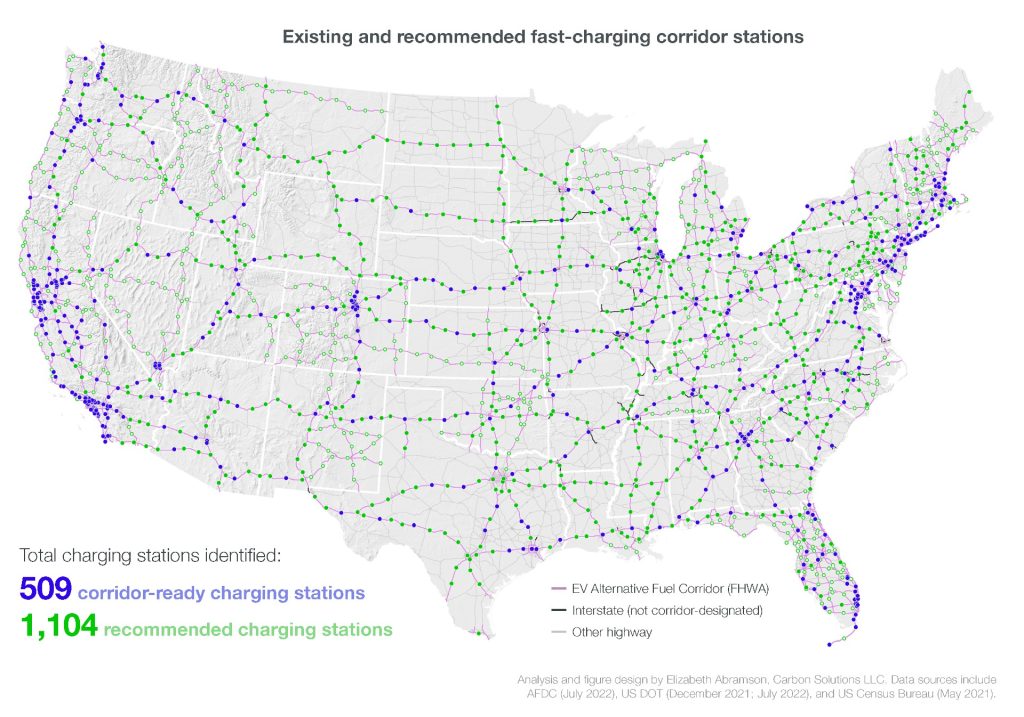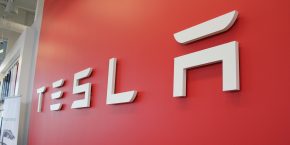
The US needs to more than double the number of EV charging stations that currently meet minimum federal funding requirements in order to make long-distance EV road trips seamless, according to a new road map and analysis from low-carbon energy startup Carbon Solutions and energy nonprofit Great Plains Institute (GPI).
EV road trips in the US
The Federal Highway Administration’s National Electric Vehicle Infrastructure (NEVI) Formula Program allocates $5 billion to the states to create a US-wide, interconnected network of DC fast chargers along the National Highway Systems.
The NEVI Formula Program is part of the $1.2 trillion Infrastructure Investment and Jobs Act signed into law by US President Joe Biden in November 2021.
There are currently 4,943 existing public fast chargers in the US that aren’t Tesla’s. And out of those non-Tesla fast chargers, there are just 509 that comply with The NEVI Formula Program.
So that means that the United States needs to add at least 1,104 additional new fast-charging EV stations to a nationwide network that can support seamless long-distance EV travel – and are NEVI compliant.
In order to be NEVI compliant, EV charging stations must include at least four ports with connectors capable of simultaneously charging four EVs at 150 kilowatts (kW) each, with a total station power capacity of 600kW or more.
They must also be located within one travel mile of a designated EV Alternative Fuel Corridor. Compliant stations must be spaced no more than 50 miles apart along a designated corridor for the corridor to be certified as NEVI-compliant.
Carbon Solutions developed a network-tracing analysis using real driving distances to measure real access to existing and proposed charging stations:

Kellen Schefter, senior director of electric transportation at the Edison Electric Institute, which represents all US investor-owned electric companies, said:
A foundational build-out of EV fast charging infrastructure is critical to providing drivers with the confidence they need to make the switch to an EV.
This road map provides the clearest view yet of the gaps in the national EV fast-charging network. We are eager to use this tool with our member electric companies, as well as with states and other stakeholders, as we work together to plan for the infrastructure needed to provide reliable and accessible EV fast charging.
The study reports that estimated equipment installation costs would be a minimum range of $794 million to $1.3 billion.
Electrek’s Take
This study is super exciting for all EV drivers. Who doesn’t want to see DC fast chargers sited 50 miles apart on EV Alternative Fuel Corridors? And the NEVI requirements are what we all want anyway – at least four chargers available, at least 150 kW each, and we want them to be reliable and easily accessible.
I have an ID.4 and a Model 3. I get from A to B, but I have to work a little harder to charge up the latter. (The Tesla Supercharger network makes charging a piece of cake on road trips.)
I recently had to leave the interstate, go two miles to a parking garage near Boston, and use my credit card to get into said garage (I wasn’t charged, but still), and had to drive in a spiral to find the 150 kW Electrify America chargers, which were in a dark corner. Give me a break.
I want to charge my ID.4 with the ease that I charge my Model 3, and then some. Knowing that there’s a fast charger available every 50 miles sounds like perfection.
And thanks to the NEVI Formula Program, the money’s there.
Here’s the map, literally, so let’s get these DC fast chargers installed asap. If you build them, they will come.
Read more: Here’s how many EV chargers the US has – and how many it needs
Photo: Electrify America
UnderstandSolar is a free service that links you to top-rated solar installers in your region for personalized solar estimates. Tesla now offers price matching, so it’s important to shop for the best quotes. Click here to learn more and get your quotes. — *ad.
FTC: We use income earning auto affiliate links. More.





Comments